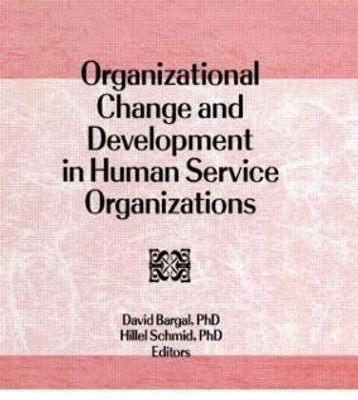Organizational Change and Development in Human Service Organizations(English, Hardcover, Bargal David)
Quick Overview
Product Price Comparison
Through change and development, human service organizations can promote the well-being of their clients more effectively. This important book describes and analyzes recent research on organizational change and development in the social and human services. It is particularly relevant in light of the significant changes in these organizations during the last decade and the lack of literature in the area. Organizational Change and Development in Human Service Organizations brings together the work of scholars who deal with social welfare administration and change in human services, combining research studies with theoretical approaches to change and development. It helps readers better understand the process of change and the role of the environment in creating change. Insightful chapters encourage practitioners, scholars, and students to plan change in organizations, utilize models of change and organizational development in real life, and evaluate change and its results and impacts. This much-needed book addresses a variety of topics, including: the uses of force field analysis in assessing prospects for organizational change planned change in voluntary and government social service agencies interorganizational coordination of services to children in state custody early stages in the creation of self-help organizations organization and community transformation organizational development in public social services strategic and structural change in human service organizations a developmental approach to program evaluationMany readers will find the information in Organizational Change and Development in Human Service Organizations to be extremely beneficial in their daily work. Covering the important issues, it gives readers a deeper insight into the processes of change and development so they can provide better services to their clients. This book is a vital resource for social workers, professionals in public administration, individuals involved in MSW programs, and students in the social sciences, including sociology and political science.


